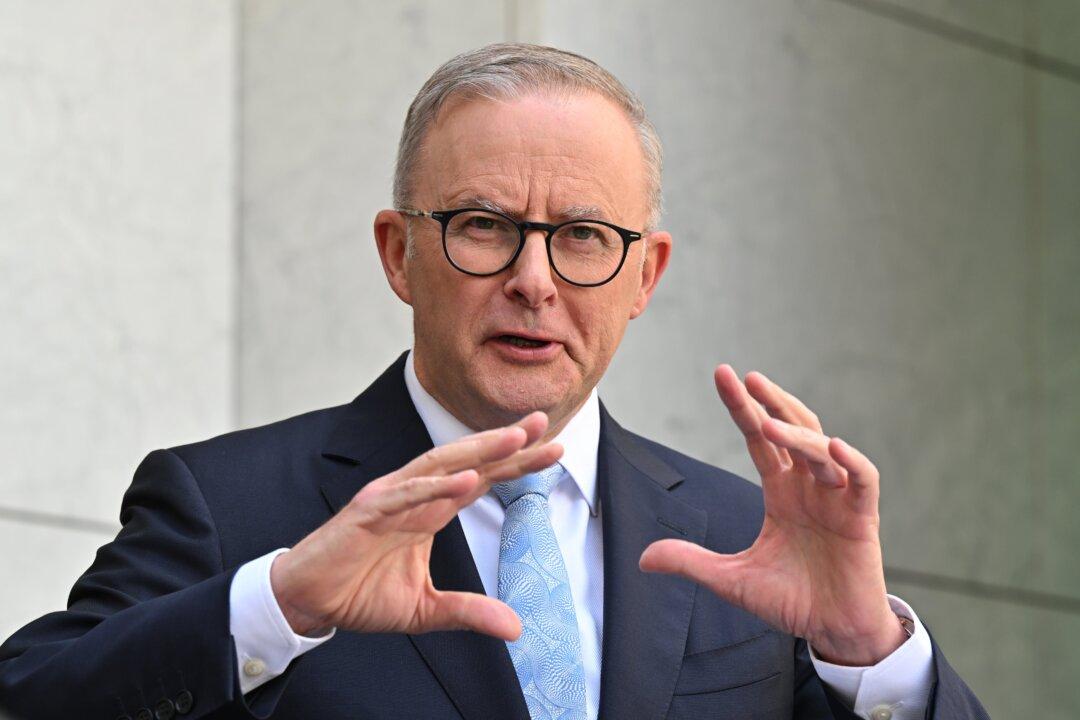Australian Prime Minister Anthony Albanese has refuted the idea that the Labor government broke an election promise after announcing changes to the superannuation concession tax on Feb. 28.
This comes after Albanese said during the 2022 federal election campaign that the Labor party would not make any major change to the super tax break if it were elected.





